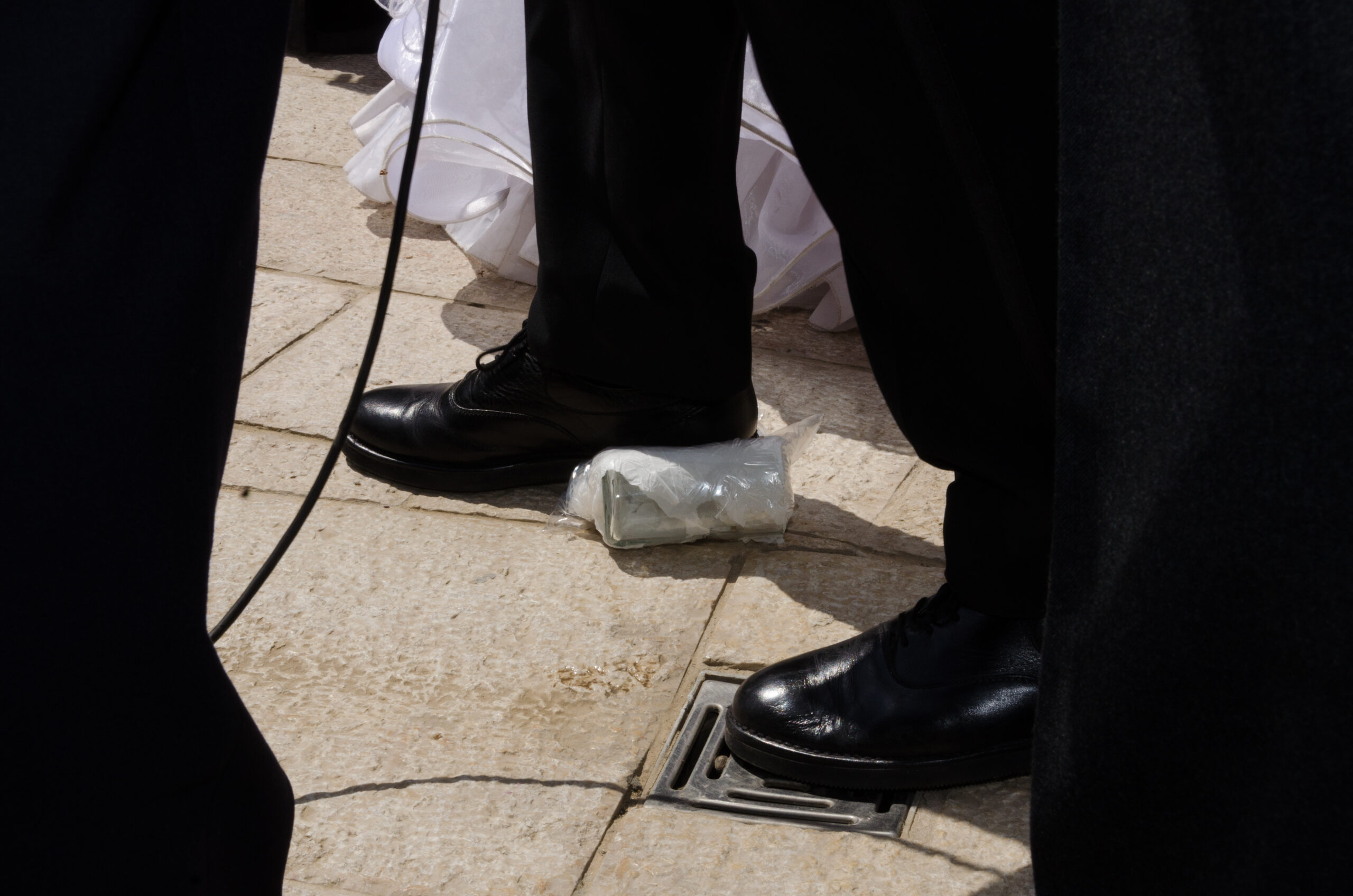How do you carry collective memory into your happiest moments?
Few verses in Jewish tradition are as emotionally resonant, or as deeply embedded in daily life, as Im Eshkachech Yerushalayim (“If I forget thee, O Jerusalem”). Drawn from Psalm 137, this verse expresses more than nostalgia for a city. It captures the soul-deep yearning of a people in exile, and it continues to shape Jewish rituals and identity to this day.
But how exactly does a biblical lament become part of a wedding, or even the way we build our homes?
















